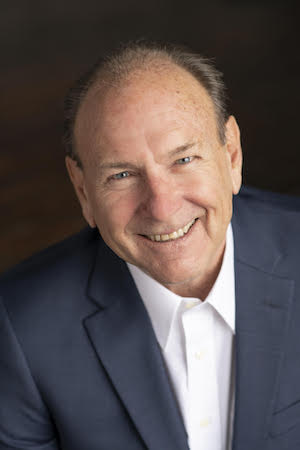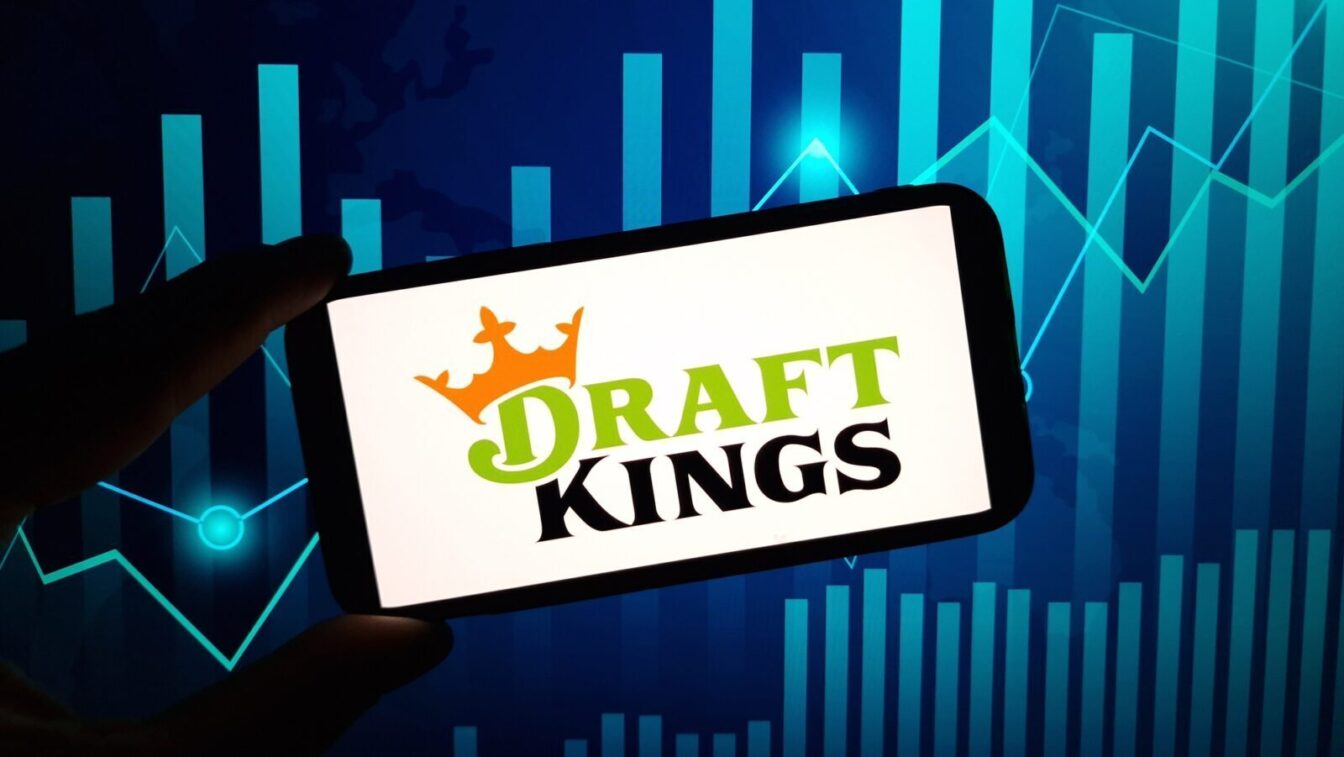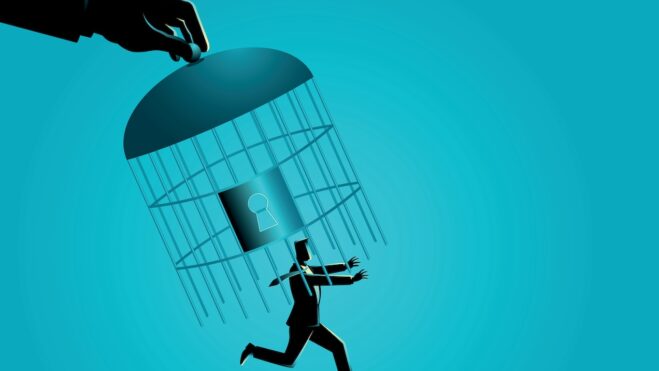Schuetz: DraftKings CEO Jason Robins Isn’t Crazy — He’s An Economist
Robins is putting his econ background to use as he floats his instantly controversial winner tax
4 min

The Twitterverse (X-verse?) went a bit bongo Thursday afternoon when DraftKings announced that, beginning Jan. 1, 2025, it was planning to introduce a surcharge on winners in the high gaming tax states of New York, Vermont, Pennsylvania, and Illinois.

Many seemed to think that this was yet another tactic by the U.S. online sports betting community to ensure that the offshore markets remained an attractive destination for U.S. sports betting dollars. It really isn’t that simple, however, and the main thing that you kids need to understand is Jason Robins, the CEO of DraftKings, was trained as an economist.
Robins received his degree in economics at Duke, and as I have often proved after studying economics at the university level for 11 years, understanding what an economist is talking about is not a simple thing.
For instance, Dr. Joel Waldfogel was a Ph.D. economist who once published an article in the esteemed American Economic Review about Christmas, an article I discussed in Chapter Five of the book Regulating Land-Based Casinos, edited by Ngai Pindell and Anthony Cabot. As I explained there, Dr. Waldfogel concluded that Christmas was a waste of time and resources, having potentially enormous theoretical deadweight losses and subjecting people to unreasonable transaction costs, primarily in commodity searches. Dr. Waldfogel demonstrated that social welfare would be maximized if people just bought what they wanted when they wanted it.
While many of you may think from this that economists are out there trying to destroy Christmas, to trained economists like Jason and me, it makes total sense.
What is Robins thinking?
So, let’s examine Jason’s action from the perspective of what social philosopher Thomas Malthus called “the dismal science.” (That was his term for economics.)
Jason could believe that the DraftKings betting product has a very inelastic demand function. Something is inelastic if a price increase brings about a less-than-proportionate decrease in the quantity demanded. If you are the only seller of heroin in a community and have managed to get a portion of the population addicted, you have a very inelastic demand function for your product. In short, you can raise the price and sell pretty much the same quantity.
Maybe, just maybe, Jason thinks his product’s brand is so strong that consumers will pay more, even in an environment where other sellers may offer the seemingly same betting product for less. In other words, Jason thinks his product is inelastic in these high-tax states.
That would make sense, but I do not believe that is the case.
I believe what Jason thinks is that if he raises his prices, all others in the market will follow suit.
One way to do that would be for Jason to contact all of his competitors and explain that if they all raised prices together, it would probably benefit the whole group. The only problem with this is that it can lead to some nasty investigations related to things like the Sherman Anti-Trust Act and price-fixing allegations. This, in turn, leads to a bunch of people from the Department of Justice running about, injured private parties suing for treble damages, and nasty stuff like that. If Jason were to call about the other firms, he would want everyone to be very “pinky promise” about not mentioning it.
Leader, followers
Jason clearly understands the economic notion of implicit collusion, however, and probably anticipates that his competitors do, too. After all, we economists teach implicit collusion in college classes.
What this means is that if someone changes a price, all others in the market follow suit. For instance, if someone lowers a price, all others will lower theirs, thus proving to the initiator that there is no benefit to lowering a price. This limits ruinous price competition.
Or, if someone increases the price, again, all others follow suit. This means all participants share the benefits of the increase in price.
Implicit collusion works best in oligopolistic market structures, and most betting markets in the U.S. qualify as oligopolies.
The airline industry is often cited as the master of implicit collusion. One day, a carrier will decide to raise its route prices, and all of the other market participants will immediately hike their rates. Or a carrier will decide to charge for luggage, and lo and behold, all competitors immediately start charging for luggage. Do they collude in these activities? Hell no, that would be illegal. Rather, they implicitly collude because they learned this in college studying economics.
Now, some of you may not believe this could happen in a free enterprise place like America. Well, for those folks who think America has anything to do with free enterprise, we economists have a term for you. The term is “idiots.”
Jason Robins is a smart man who majored in economics. He knows what he is doing. What remains to be seen is whether the other market participants studied economics (or read this article) and will know what to do.
And then, of course, there are always the bettors, who are getting screwed on pricing, and the regulators, who are probably getting tired of all of the nonsense.
For those who celebrate, I hope you all enjoy Christmas.
—
Richard Schuetz entered the gaming industry working nights as a blackjack and dice dealer while attending college and has since served in many capacities within the industry, including operations, finance, and marketing. He has held senior executive positions up to and including CEO in jurisdictions across the United States, including the gaming markets of Las Vegas, Atlantic City, Reno/Tahoe, Laughlin, Minnesota, Mississippi, and Louisiana. In addition, he has consulted and taught around the globe and served as a member of the California Gambling Control Commission and executive director of the Bermuda Casino Gaming Commission. He also publishes extensively on gaming, gaming regulation, diversity, and gaming history. Schuetz is the CEO American Bettors’ Voice, a non-profit organization dedicated to giving sports bettors a seat at the table.






